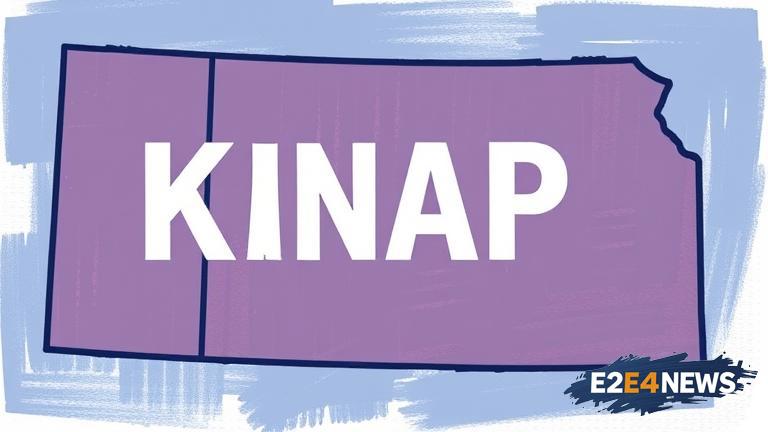The Kansas Department of Children and Families has recently denied a request from the United States Department of Agriculture (USDA) for data on Supplemental Nutrition Assistance Program (SNAP) applicants and recipients. This decision has sparked controversy and raised questions about the balance between transparency and privacy. The USDA had requested the data as part of an effort to improve the administration of the SNAP program and to identify areas where assistance could be more effectively targeted. However, the Kansas Department of Children and Families has expressed concerns that releasing the data could compromise the privacy and security of SNAP applicants and recipients. The department has cited a state law that prohibits the disclosure of personal information about SNAP recipients, and has argued that releasing the data could put vulnerable individuals at risk of identity theft or other forms of exploitation. The USDA has expressed disappointment at the decision, and has argued that the data is necessary to ensure that the SNAP program is being administered effectively and efficiently. The agency has also pointed out that the data could be used to identify areas where additional support services are needed, and to develop more targeted and effective interventions. Despite these arguments, the Kansas Department of Children and Families has maintained its position, and has refused to release the data. This decision has been met with criticism from some advocates, who argue that it could limit the ability of the USDA to improve the SNAP program and to provide more effective support to those in need. Others have expressed concerns that the decision could set a precedent for other states to refuse similar requests, and could undermine efforts to improve the administration of the SNAP program nationwide. The controversy has highlighted the challenges of balancing transparency and privacy in the administration of social welfare programs, and has raised questions about the role of state and federal agencies in protecting the privacy and security of vulnerable individuals. The Kansas Department of Children and Families has emphasized its commitment to protecting the privacy and security of SNAP applicants and recipients, and has argued that its decision is necessary to ensure that these individuals are not put at risk. However, the USDA has argued that the data is necessary to ensure that the SNAP program is being administered effectively, and that it can be used to develop more targeted and effective interventions. The dispute has highlighted the need for clear guidelines and protocols for the sharing of data between state and federal agencies, and has raised questions about the role of state and federal agencies in protecting the privacy and security of vulnerable individuals. The controversy is likely to continue, and could have implications for the administration of the SNAP program and other social welfare programs nationwide. The Kansas Department of Children and Families has emphasized its commitment to protecting the privacy and security of SNAP applicants and recipients, and has argued that its decision is necessary to ensure that these individuals are not put at risk. The USDA has expressed disappointment at the decision, and has argued that the data is necessary to ensure that the SNAP program is being administered effectively and efficiently. The agency has also pointed out that the data could be used to identify areas where additional support services are needed, and to develop more targeted and effective interventions. The dispute has highlighted the challenges of balancing transparency and privacy in the administration of social welfare programs, and has raised questions about the role of state and federal agencies in protecting the privacy and security of vulnerable individuals. The controversy has also raised questions about the impact of the decision on the administration of the SNAP program, and has highlighted the need for clear guidelines and protocols for the sharing of data between state and federal agencies. The Kansas Department of Children and Families has maintained its position, and has refused to release the data, citing concerns over privacy and security. The USDA has expressed disappointment at the decision, and has argued that the data is necessary to ensure that the SNAP program is being administered effectively and efficiently. The dispute is likely to continue, and could have implications for the administration of the SNAP program and other social welfare programs nationwide. The controversy has highlighted the challenges of balancing transparency and privacy in the administration of social welfare programs, and has raised questions about the role of state and federal agencies in protecting the privacy and security of vulnerable individuals. The Kansas Department of Children and Families has emphasized its commitment to protecting the privacy and security of SNAP applicants and recipients, and has argued that its decision is necessary to ensure that these individuals are not put at risk. The USDA has argued that the data is necessary to ensure that the SNAP program is being administered effectively, and that it can be used to develop more targeted and effective interventions. The dispute has highlighted the need for clear guidelines and protocols for the sharing of data between state and federal agencies, and has raised questions about the impact of the decision on the administration of the SNAP program. The controversy is likely to continue, and could have implications for the administration of the SNAP program and other social welfare programs nationwide.
